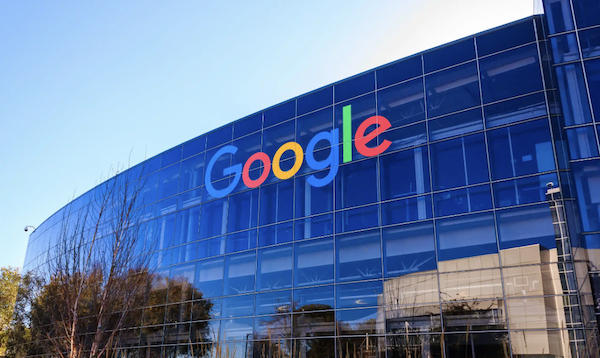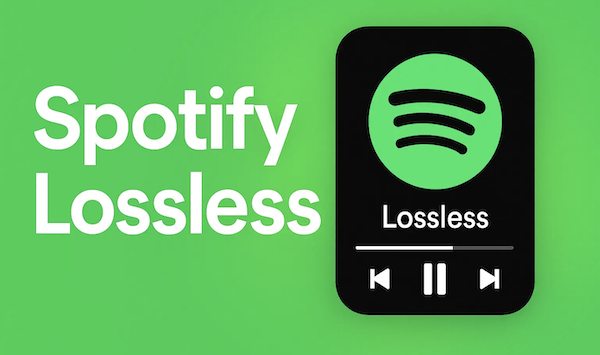Market scorecard
US markets drifted slightly lower yesterday, with traders cautious ahead of the Fed's expected quarter-point cut today. The combination of a slowing economy, weak jobs data and slightly above-average inflation, present a challenge for the monetary authorities. Later today, we might hear hawkish forecasts for the rest of the year.
In company news, Google will invest $6.8 billion over two years to boost the UK's AI economy. Elsewhere, Novo Nordisk is chasing US approval for a higher-dose Wegovy to counter Eli Lilly in the growing obesity market. Lastly, Nestle said chairman Paul Bulcke will also step down early after its CEO was fired over a workplace affair.
At the close, the JSE All-share closed up 0.20%, but the S&P 500 fell 0.13%, and the Nasdaq was 0.07% lower. Ho hum.
Our 10c worth
One thing, from Paul

President Trump believes public companies shouldn't be required to report on their financial performance quarterly, but that every six months would be fine.
Earnings reporting frequency is set by the Securities and Exchange Commission (SEC), and the current rule has been in place since 1970, but could be easily changed. Trump has staffed most agencies with loyalists.
I think this change would be a bad idea because earnings seasons are fun. For investors such as ourselves, the proposal would mean less access to information and more exposure to risk.
Trump's main argument is that "this will save money and allow managers to focus on properly running their companies". CEOs probably do waste some time doing needless investor presentations, and financial managers do massage their revenues and profits to meet quarterly expectations. But, it's part of the deal when listing on a major exchange and having hundreds of thousands of public shareholders.
In our view, financial transparency is key to our confidence in US equity markets. We run focused portfolios of carefully selected stocks, and we want to assess their progress as regularly as possible. We need clear communication of their strategic goals and updates on performance metrics that can be evaluated over time.
In a recent research note, BofA's Savita Subramanian identified 'corporate transparency' as one of six 'structural advantages' the US stock market has over other world markets.
Sam Ro added: "Losing some of this transparency could mean losing some of the valuation premium the US stock market boasts. All other things equal, that would mean higher costs of capital and lower stock prices."
I'm not sure if this proposal will go anywhere, but I hope it does not.
Byron's beats

In Piet Viljoen's latest weekly newsletter, he notes that markets are uncertain but analysts still try to put a numerical values on things that are unmeasurable.
Market movements are unknowable in advance. Creating smart-sounding metrics that you can plug into a model which spits out target share prices is a complete waste of time in my opinion.
Rather look at the fundamentals of a company. Factors such as cash flows, debt, net cash, revenue growth, and margins are all useful indicators. Then try to decide whether the company can continue to grow for the next 10 years.
Keep it simple. Finding quality companies to buy is not that hard, holding them through the ups and downs is the real challenge.
Michael's musings

Google is up 53% in the last six months. That's a huge move for a company with a market cap of $3 trillion!
Earlier this year, its share price had dropped back down to 2023 levels. There were concerns about them falling behind in AI and worries about their many legal challenges. The US Department of Justice wanted to break them up, claiming it was a monopoly. Those two difficulties have both evaporated.
When clients added cash to their accounts this year, we often topped up their Google position. The advantage of adding to your Vestact account regularly is that we are able to buy you shares that we feel are undervalued at the time.
The Vestact product works best when you are adding quarterly/ annually. It allows us to rebalance the account, add new stocks, and buy shares that look extremely attractive at that moment.
Even after this recent rally, Google is still the cheapest of the big tech stocks.
Bright's banter

Spotify finally delivered on a promise it's been dangling since 2017: lossless audio. The feature will be rolled out to its premium subscribers across 50 markets at no extra cost for now.
Subscribers will get a notification once it's available, and compatible hardware from Sony, Bose, Samsung, and Sennheiser is ready to go (Sonos and Amazon will be joining next month).
The only hiccup is that Spotify tops out at 24-bit / 44.1 kHz FLAC, while rivals like Apple Music and Tidal stretch up to 24-bit / 192 kHz. For most listeners, though, that's splitting hairs - unless your sound system costs as much as a used BMW.
This makes YouTube the last big holdout with no lossless offering, proving once again that Google likes to arrive late to every music party.
Linkfest, lap it up
No one has ever seen an eel reproduce naturally. Not in the wild, not in captivity, not even once - Eels shouldn't be able to exist.
Do you know your outer rim from your deep core? The Star Wars universe has referenced hundreds of planets since the first movie in 1977 - Star systems of an imaginary galaxy.
Signing off
Asian markets traded mostly lower this morning. BHP moved to halt a Queensland coal mine and cut 750 jobs due to weak prices and high royalties. Meanwhile, Perth-based biotech company PYC Therapeutics slumped 26.8% after its CEO quit suddenly.
In local company news, Hyprop Investments grew distributable income 7.5% for the year, with double-digit gains in SA and Eastern Europe malls lifting net operating income 22.9% to R1.6 billion. Elsewhere, Libstar jumped 14.5% to R4.35 yesterday, its biggest rise in three months, after confirming it is weighing a potential takeover bid.
The Rand is trading at around R17.36 to the US Dollar.
US equity futures are marginally in the red pre-market. All the focus today is on what the Fed will do. Due to political pressure, a 50 basis point cut isn't off the table. Expect some volatility this evening.
Have a solid day.